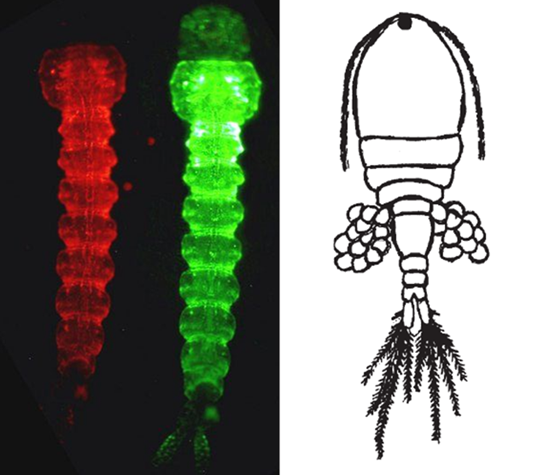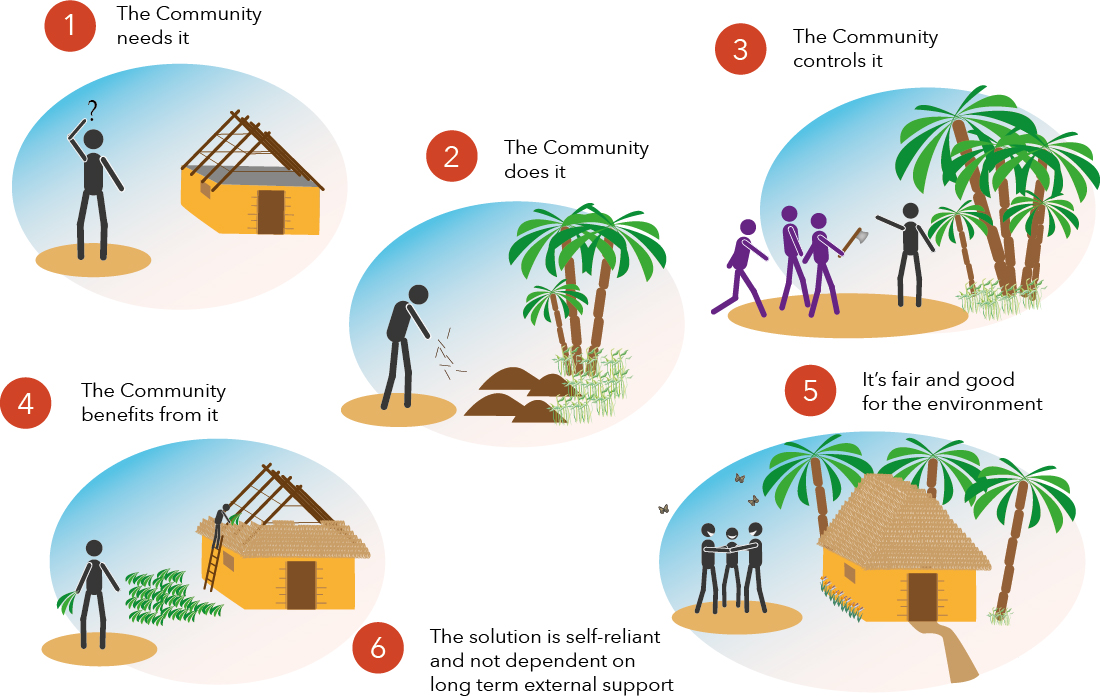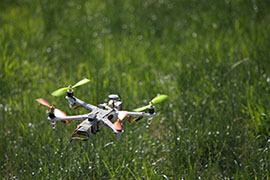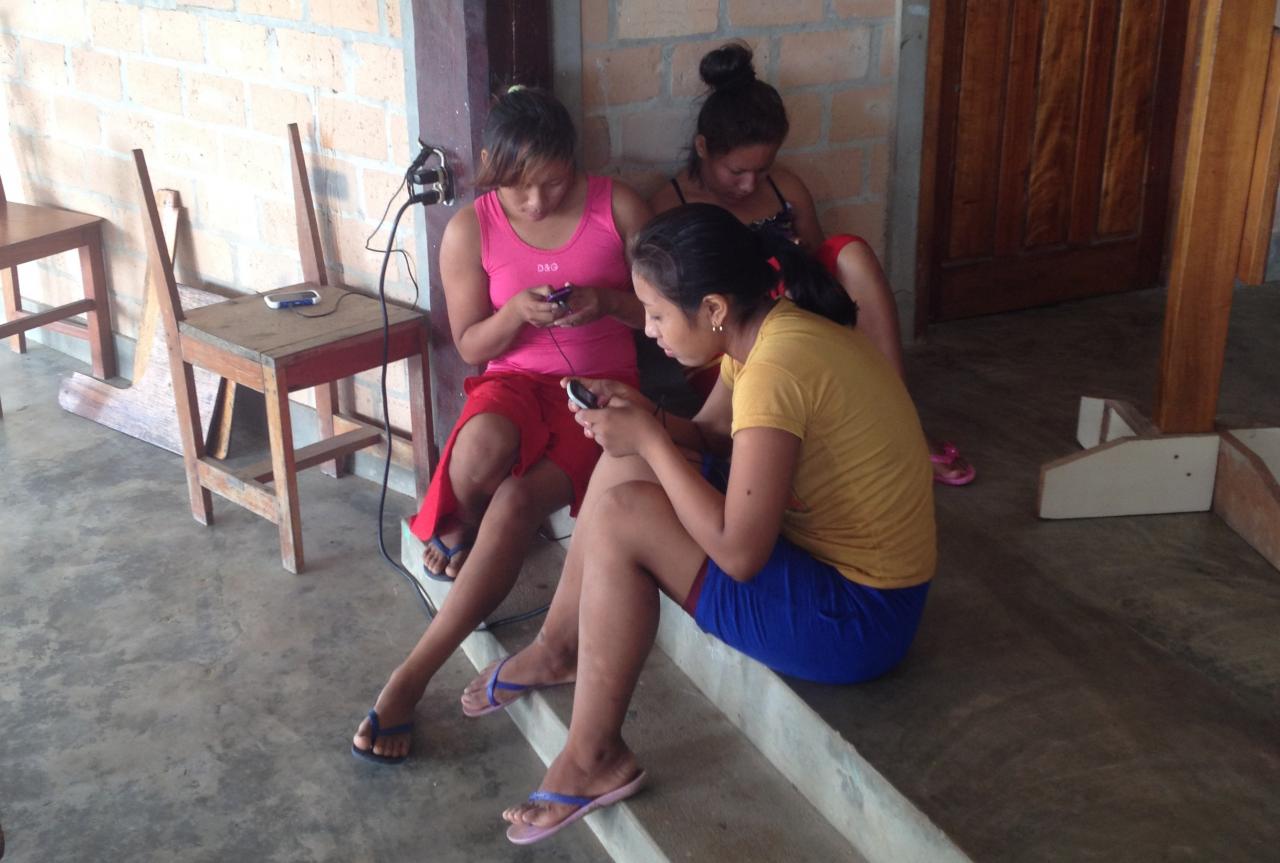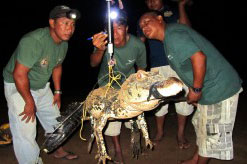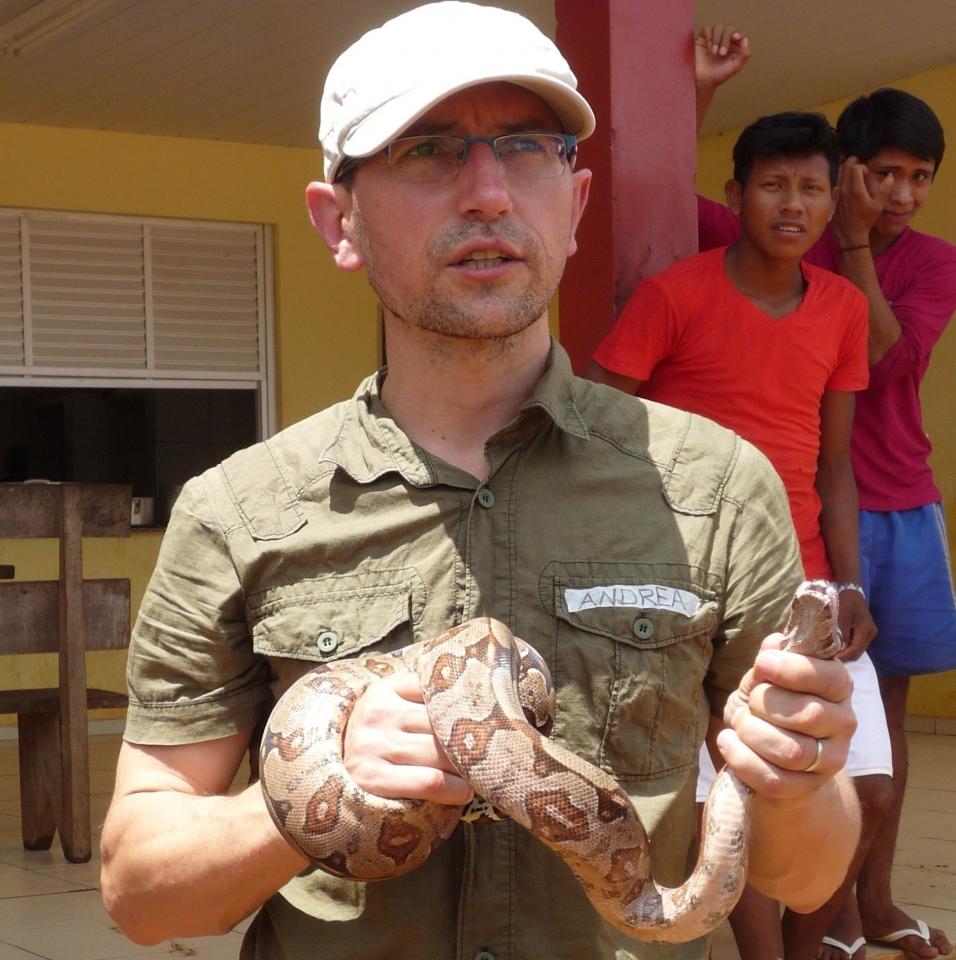Disputed Landscapes
Who decides how the environment is managed? How do competing interests coexist? OU research looks at participation in environmental decision-making across the world.
Contact us
To find out more about our work, or to discuss a potential project, please contact:
International Development Research Office
Faculty of Arts and Social Sciences
The Open University
Walton Hall
Milton Keynes
MK7 6AA
United Kingdom
T: +44 (0)1908 858502
E: [email protected]
.jpg)
